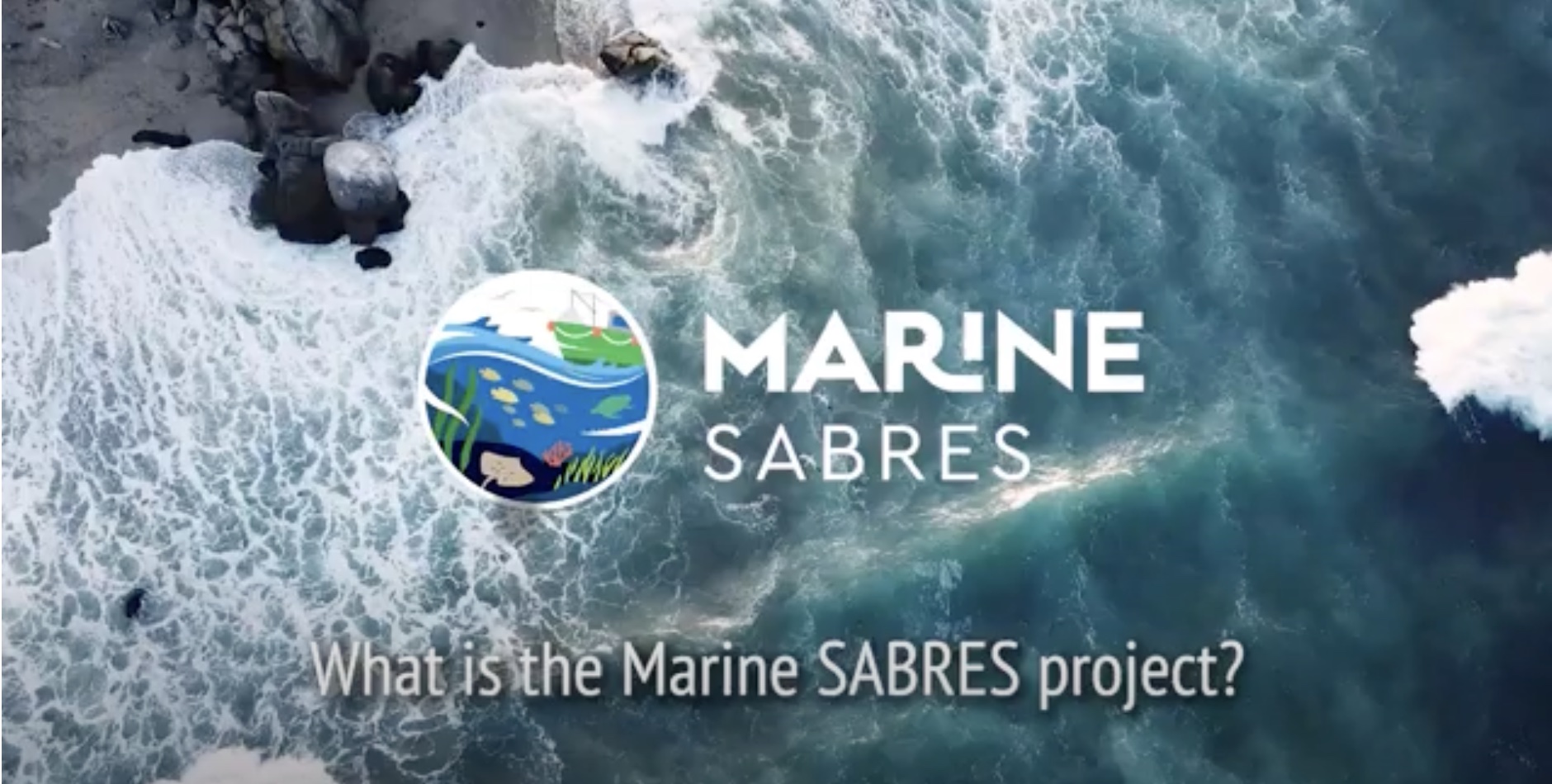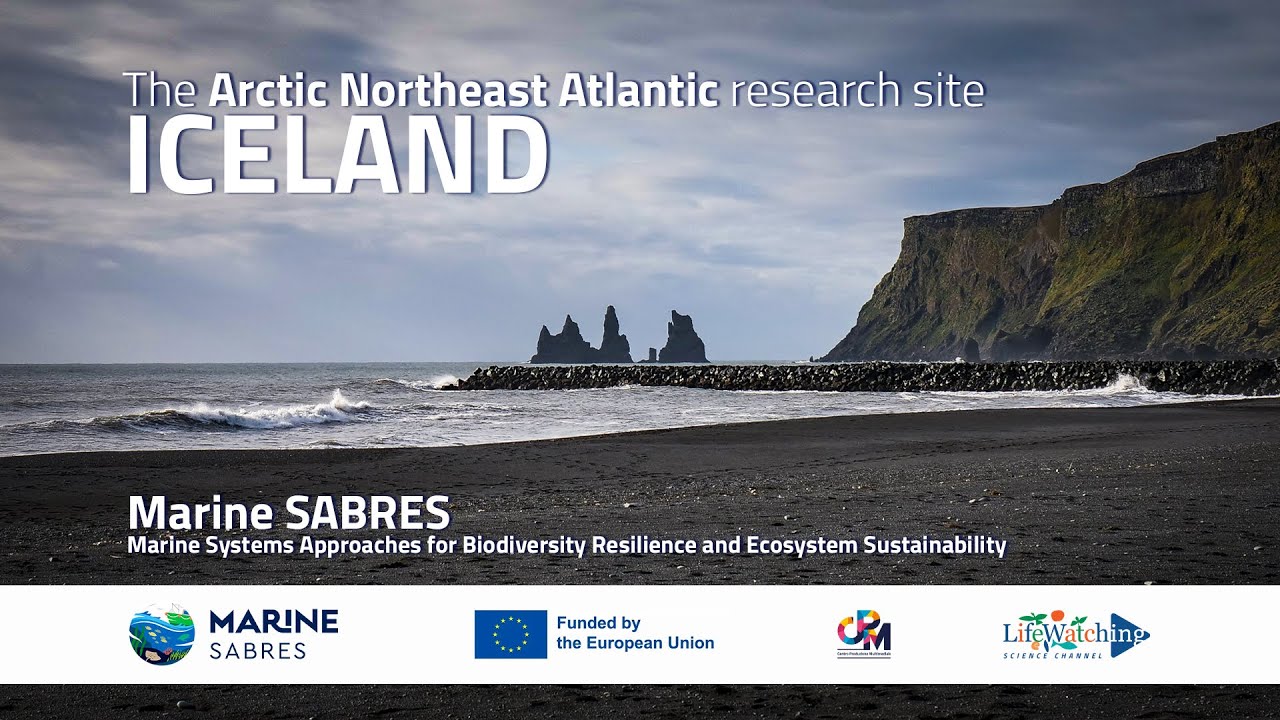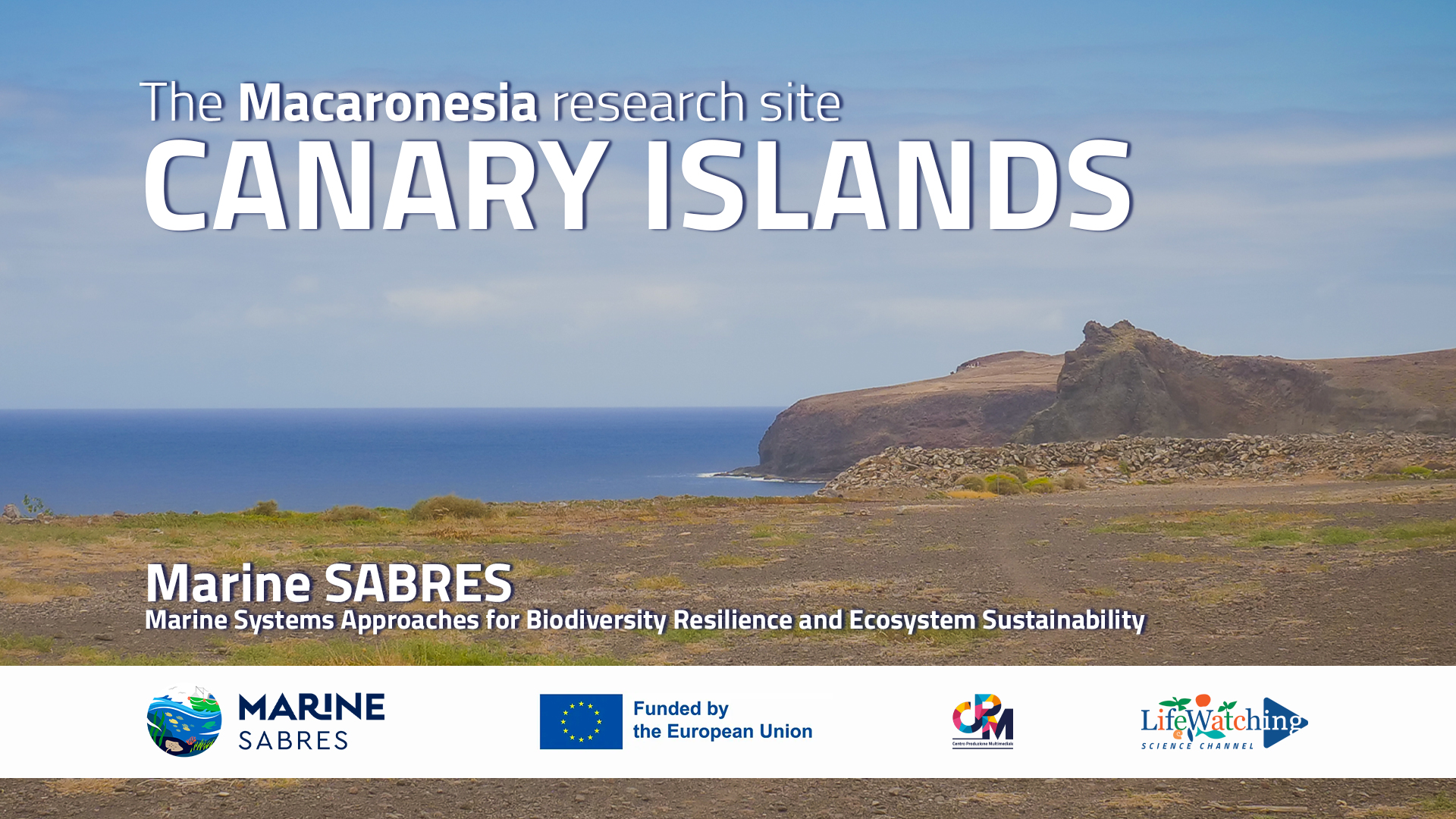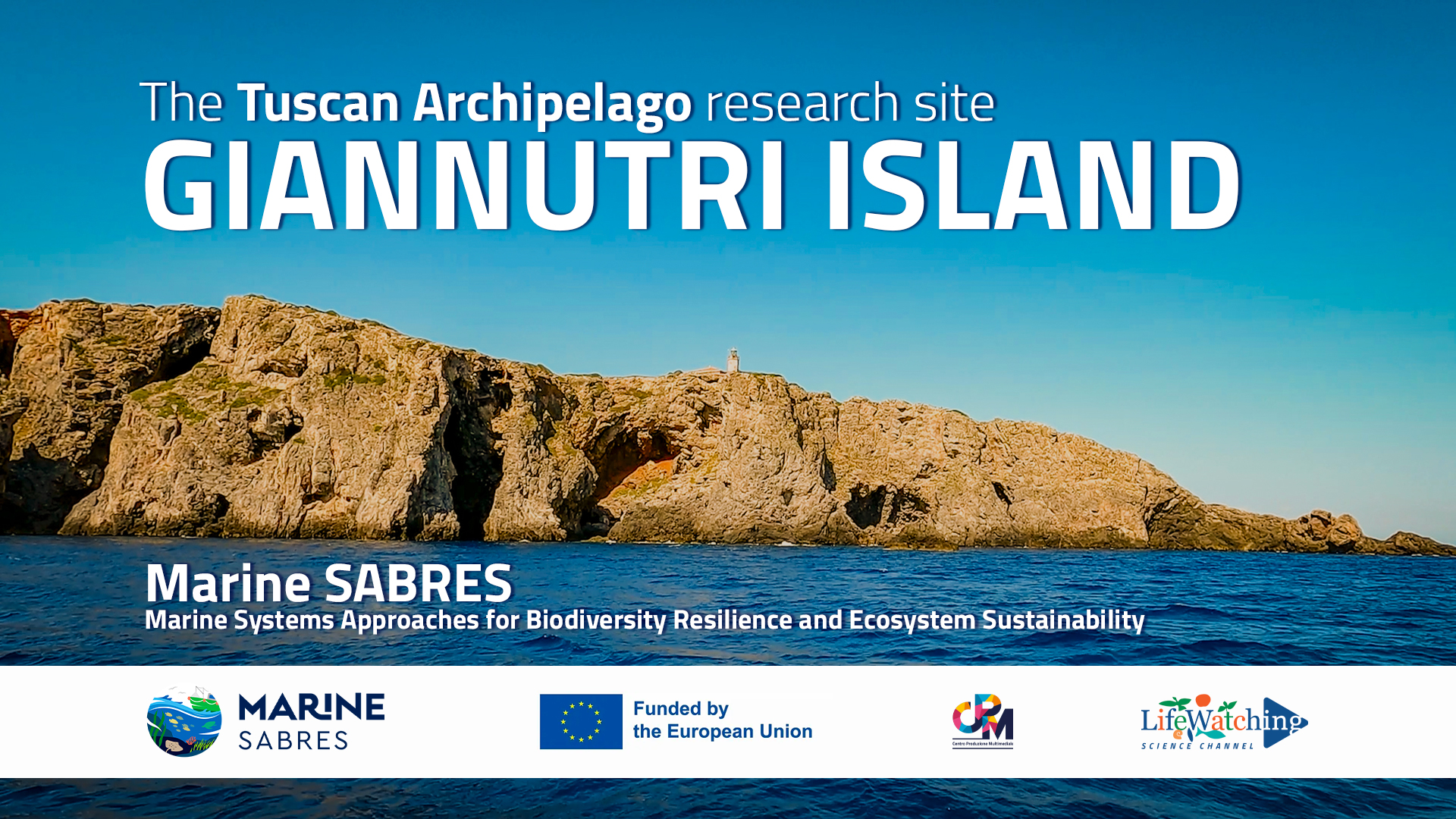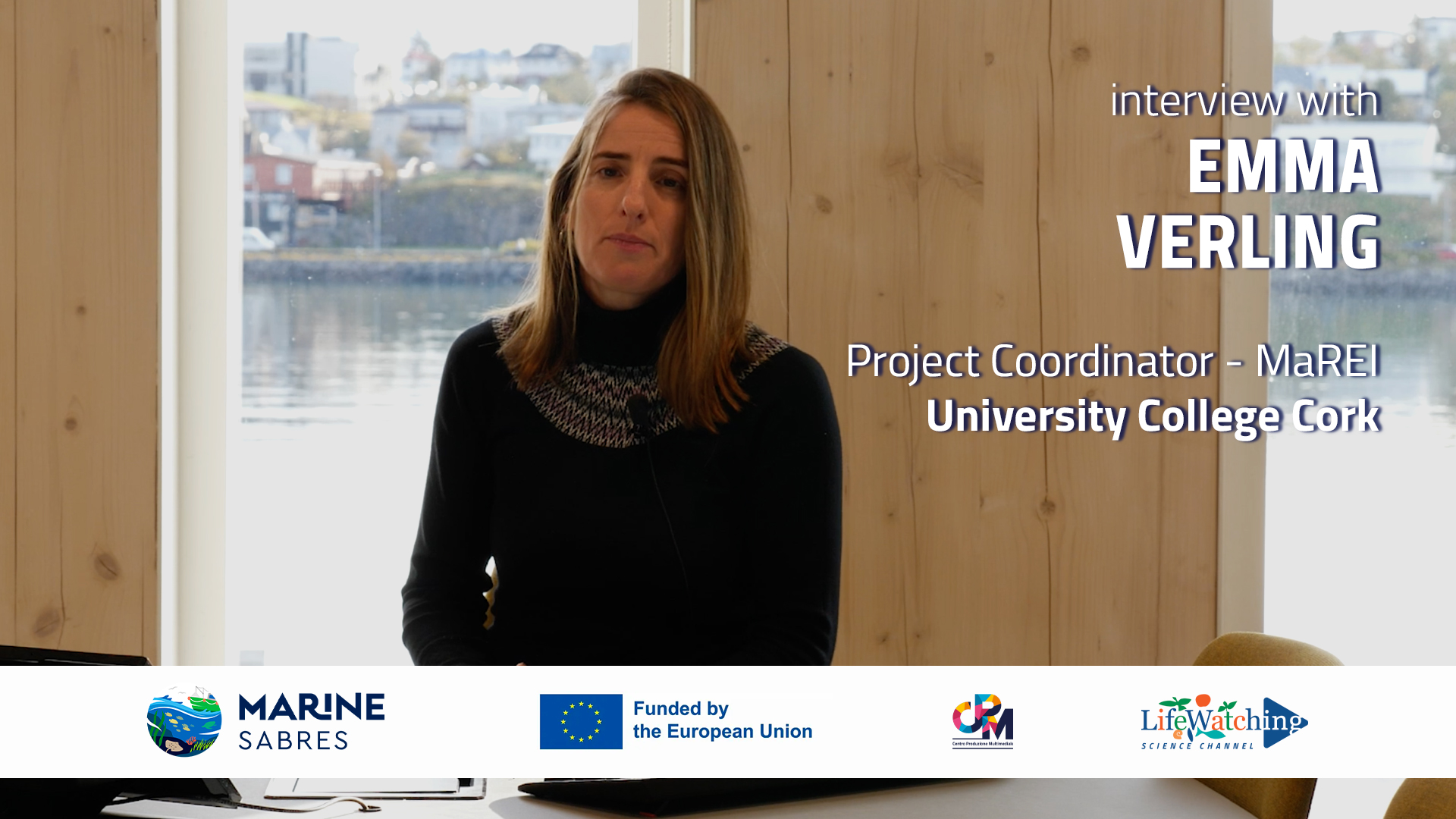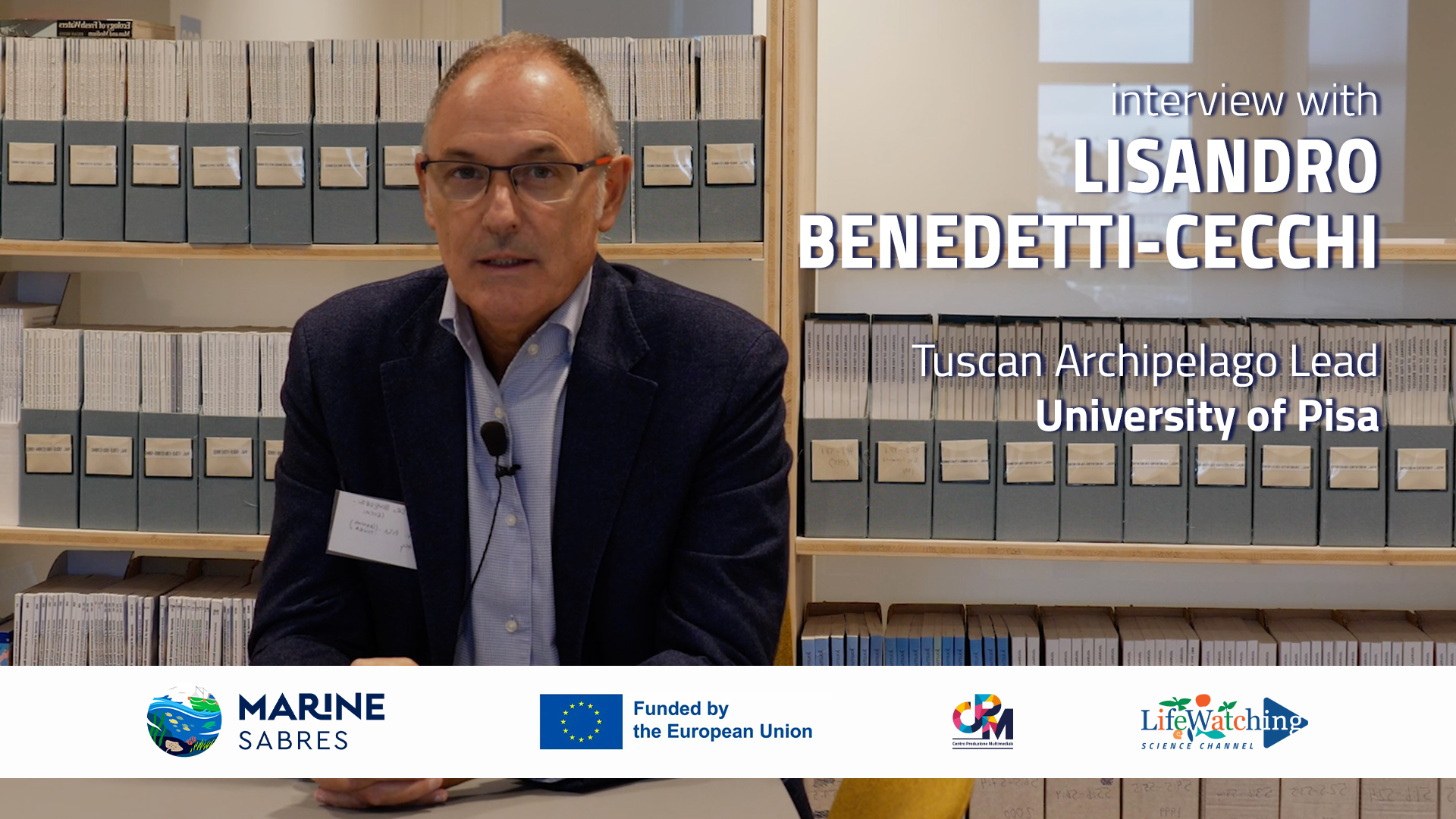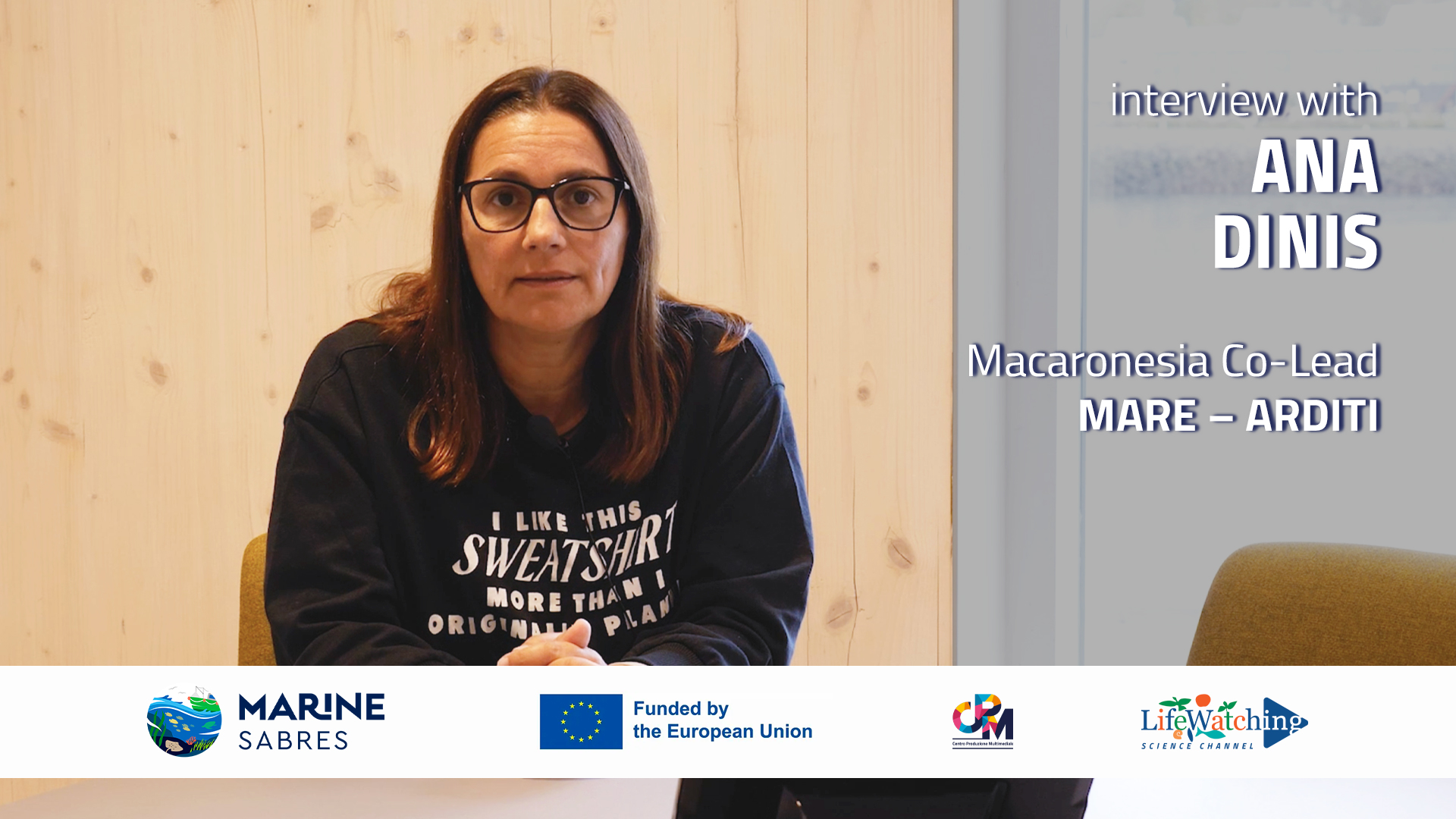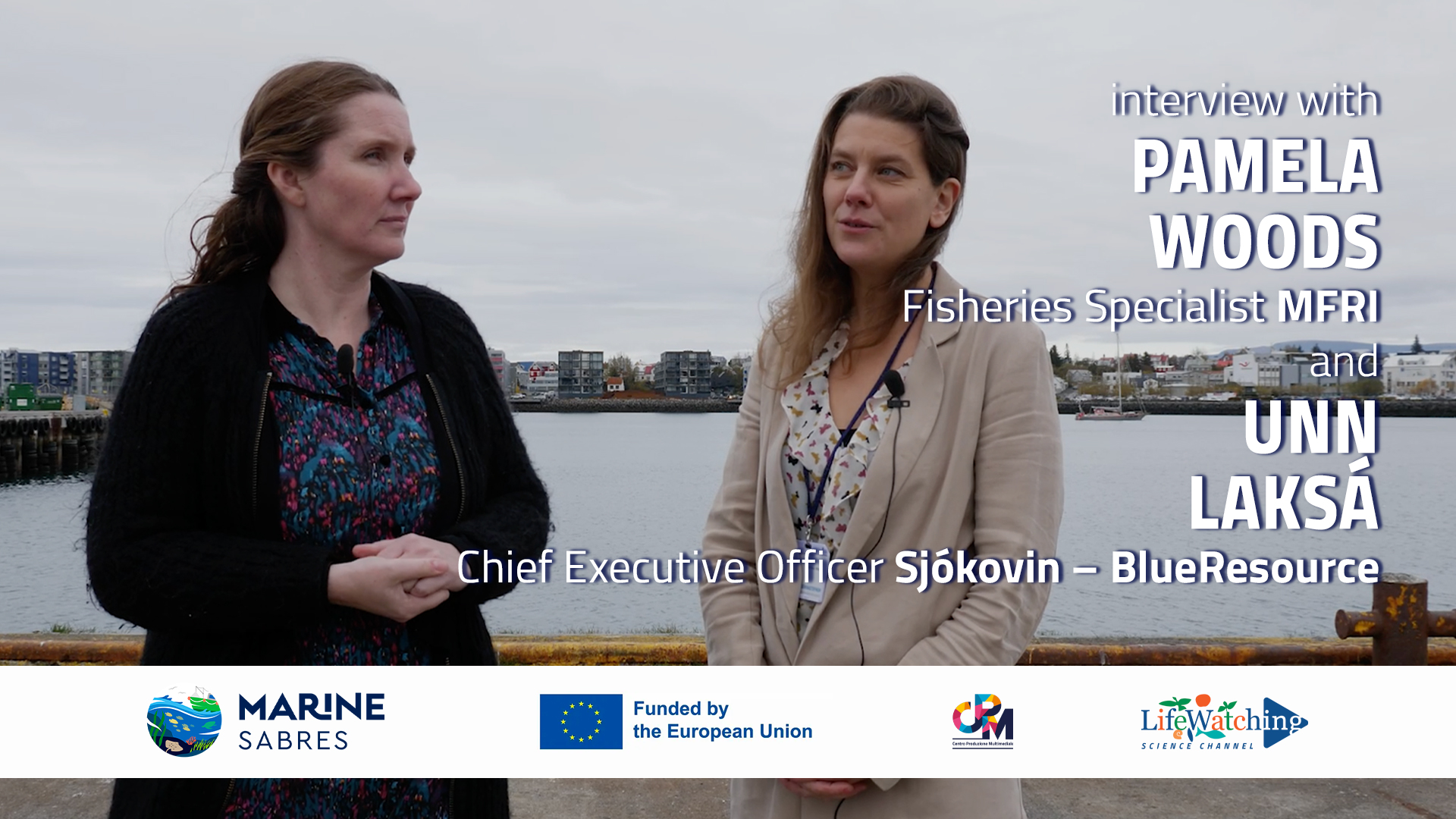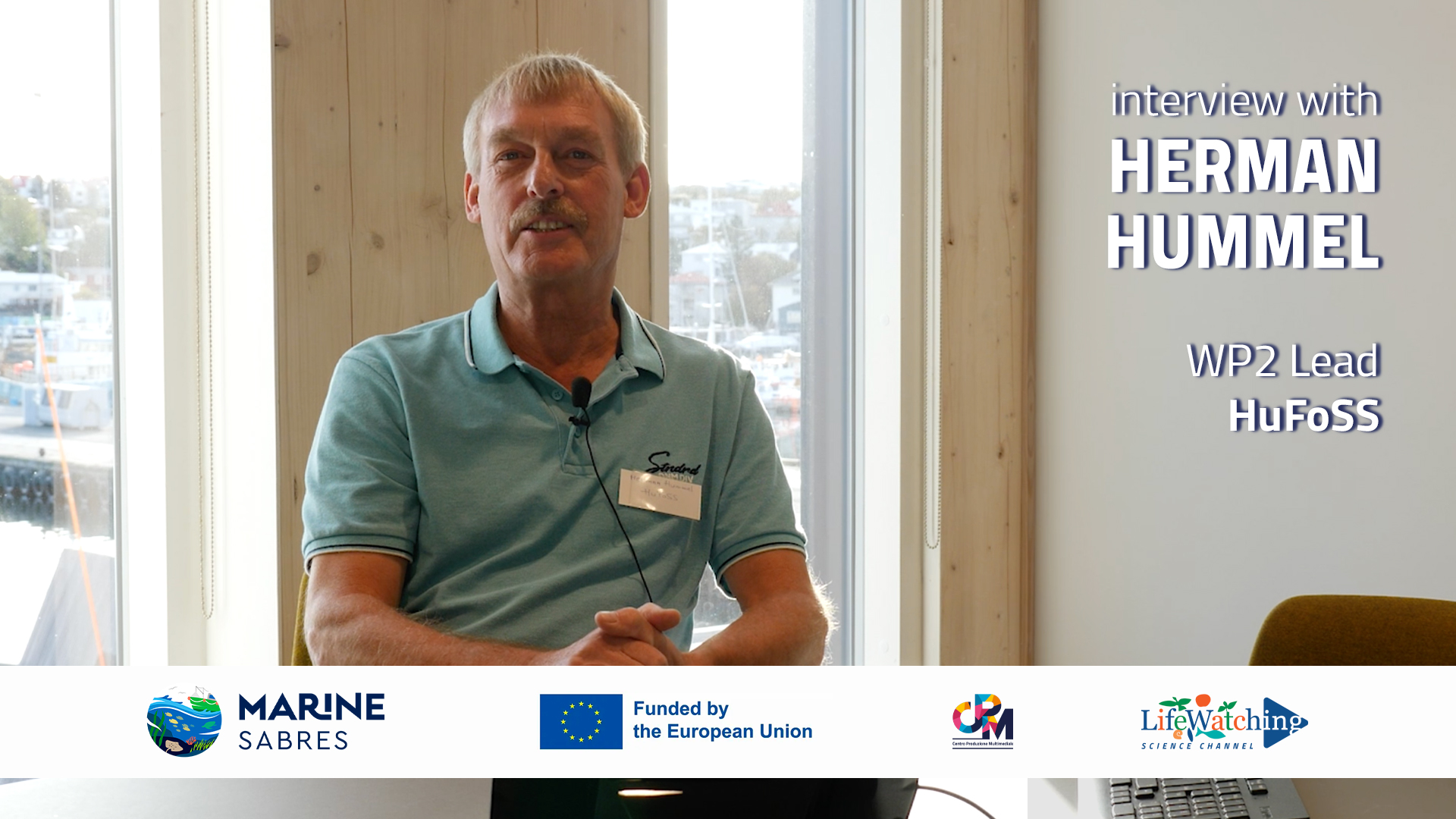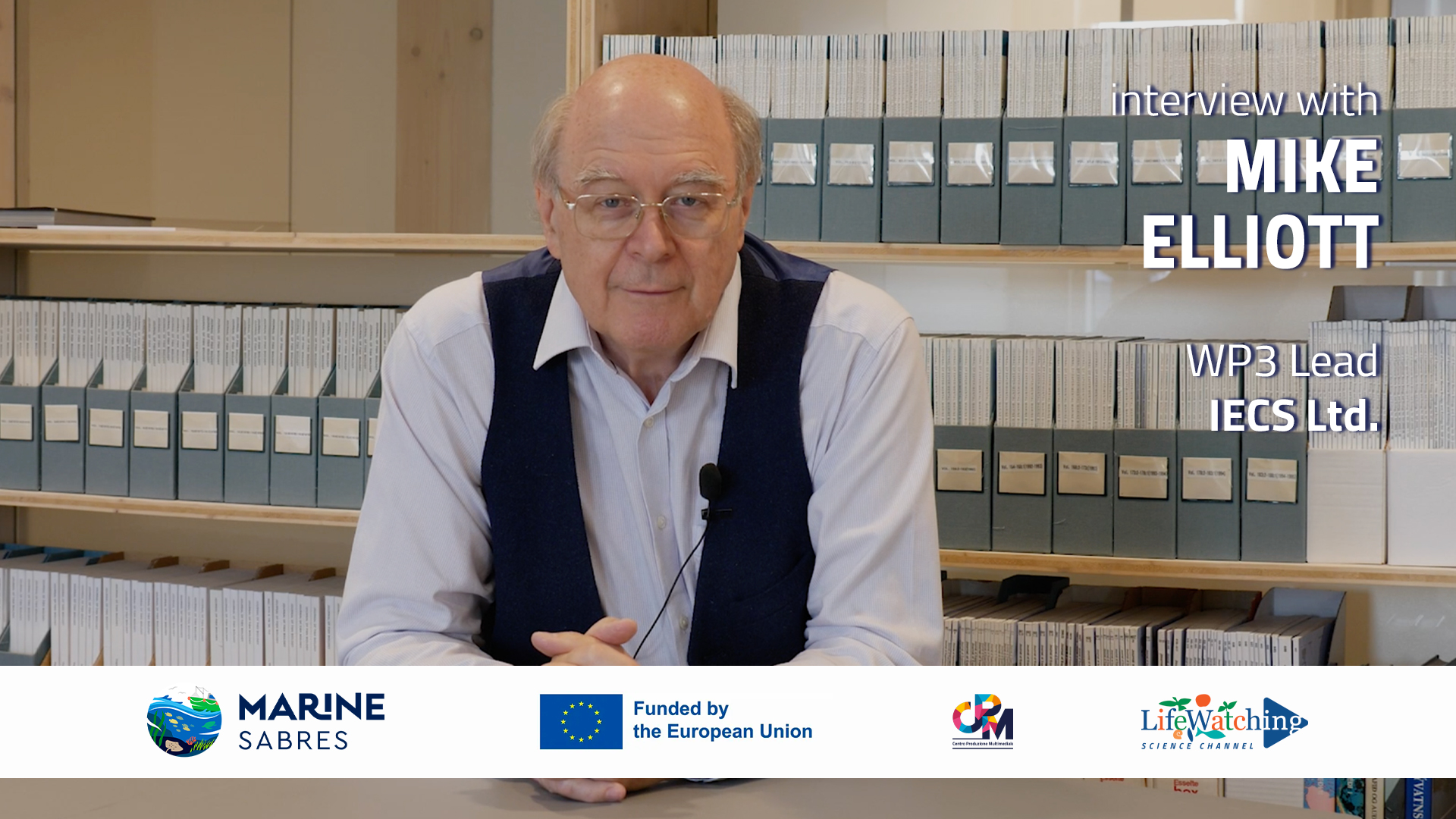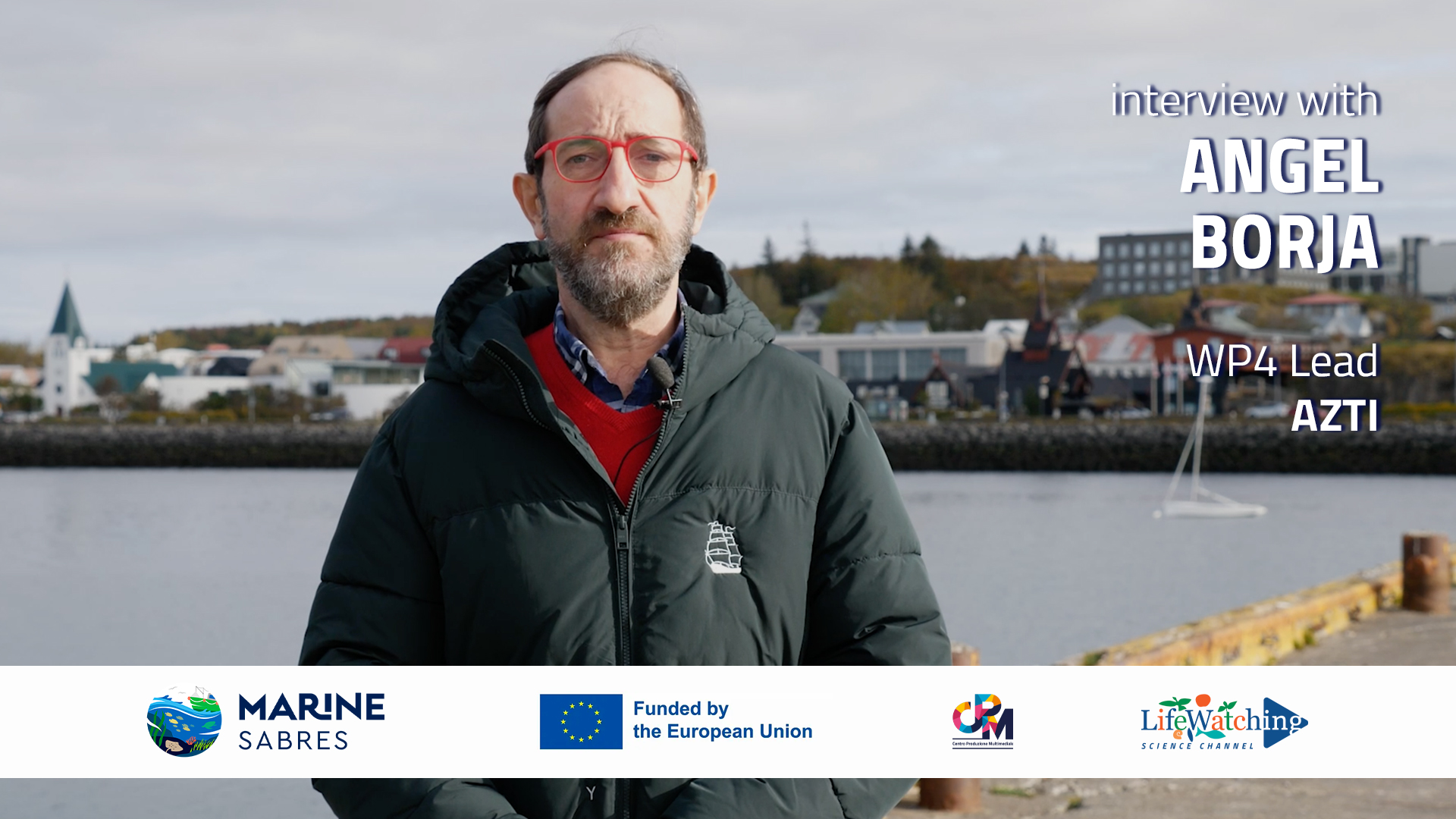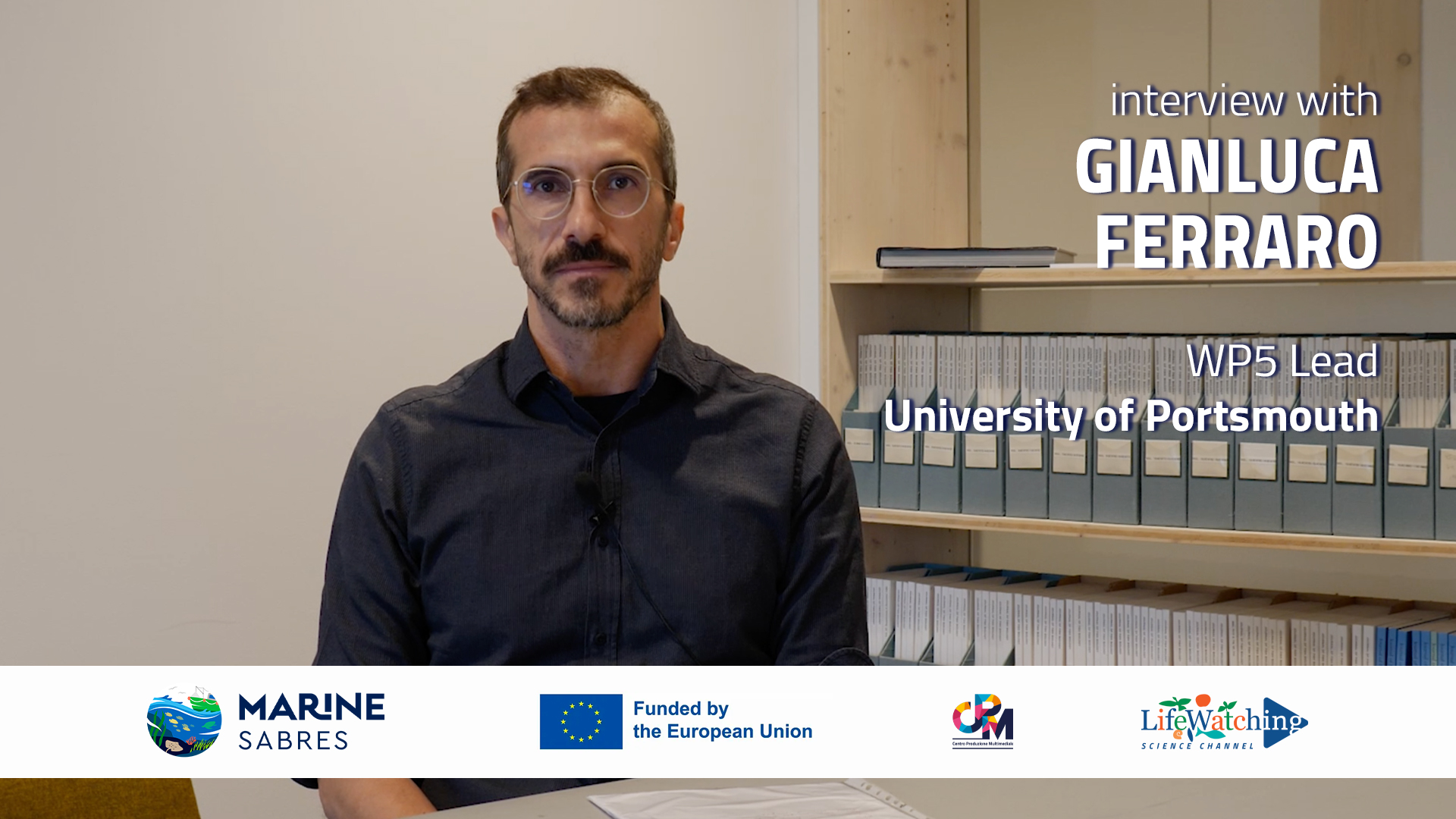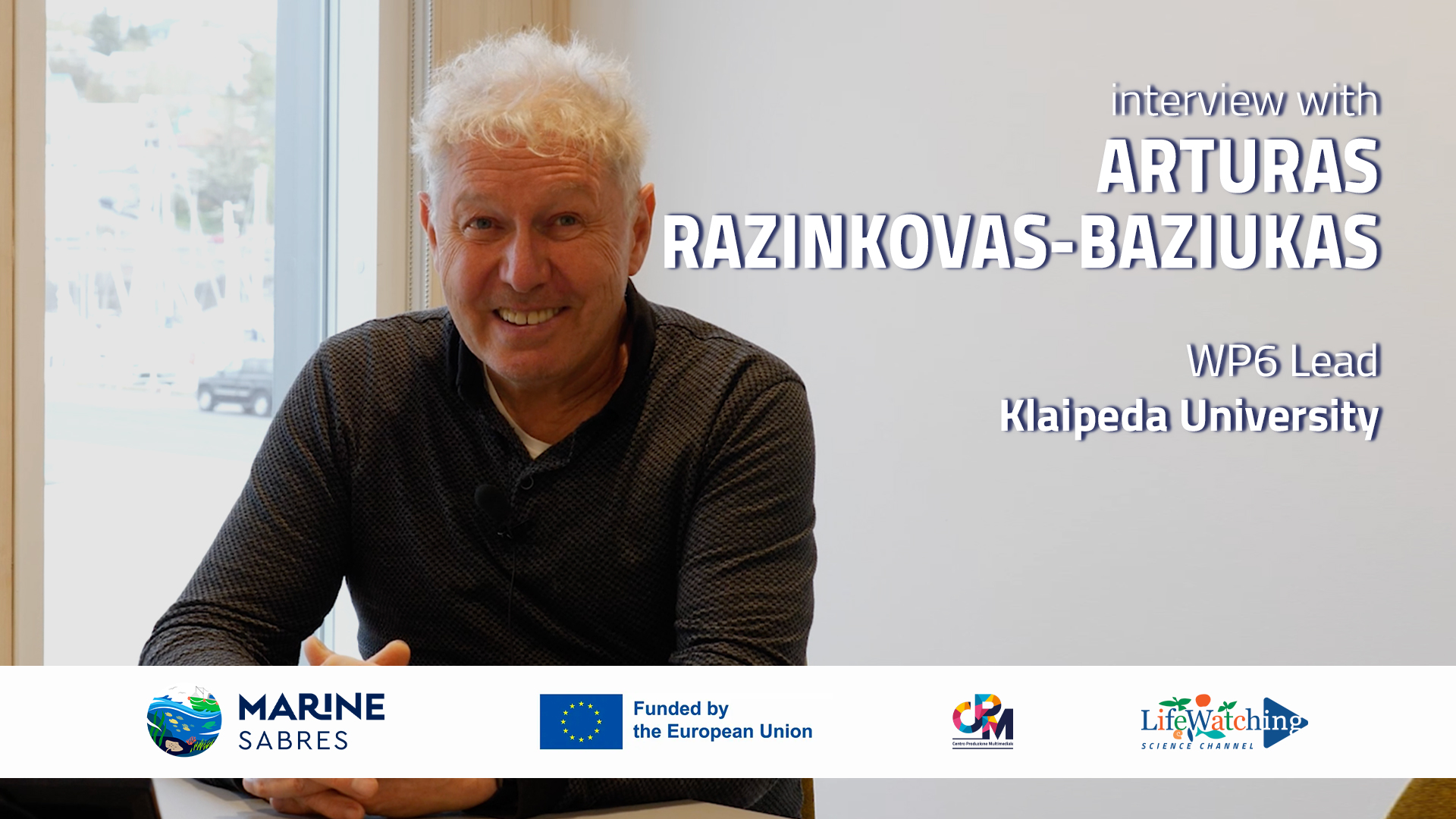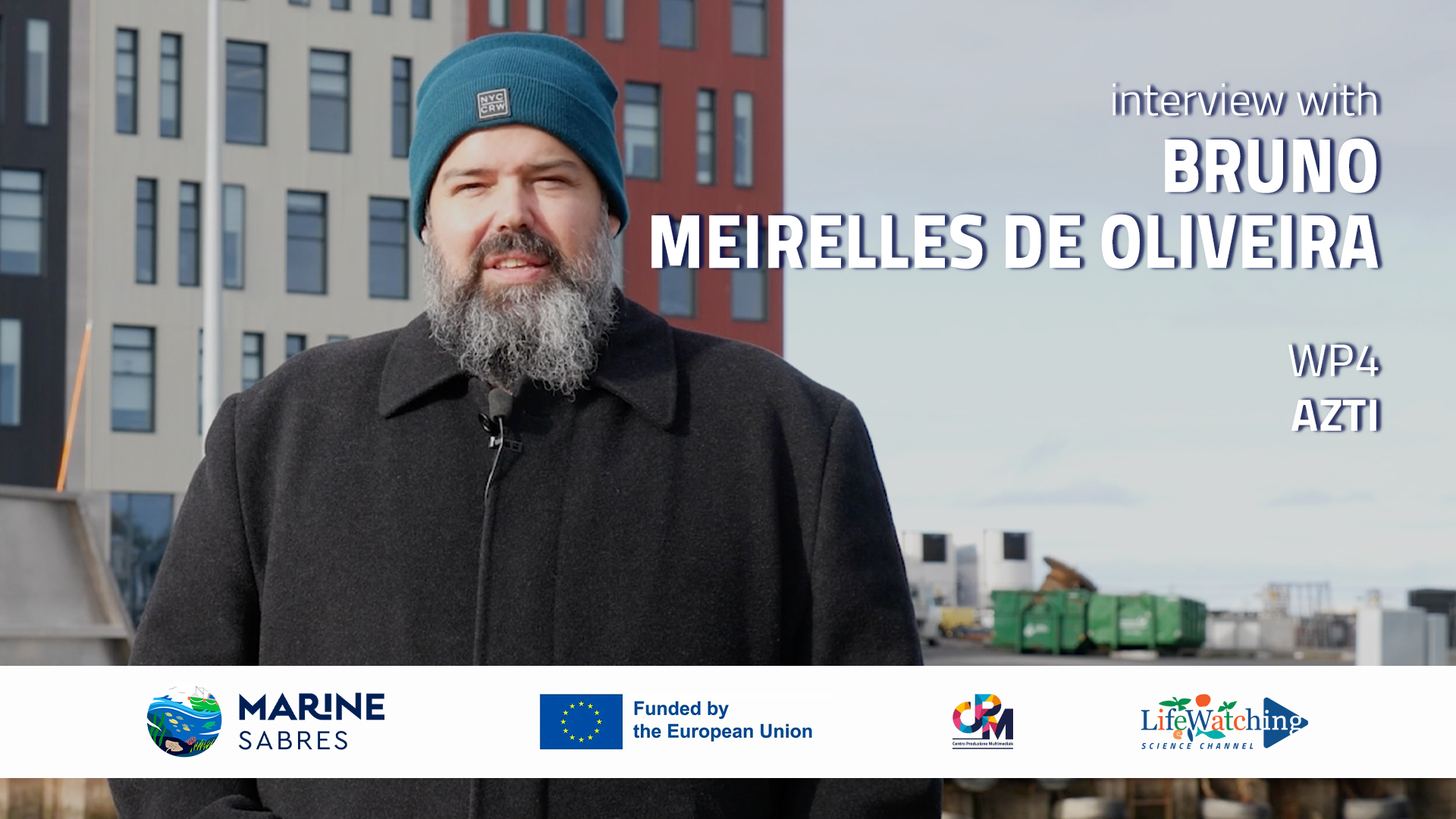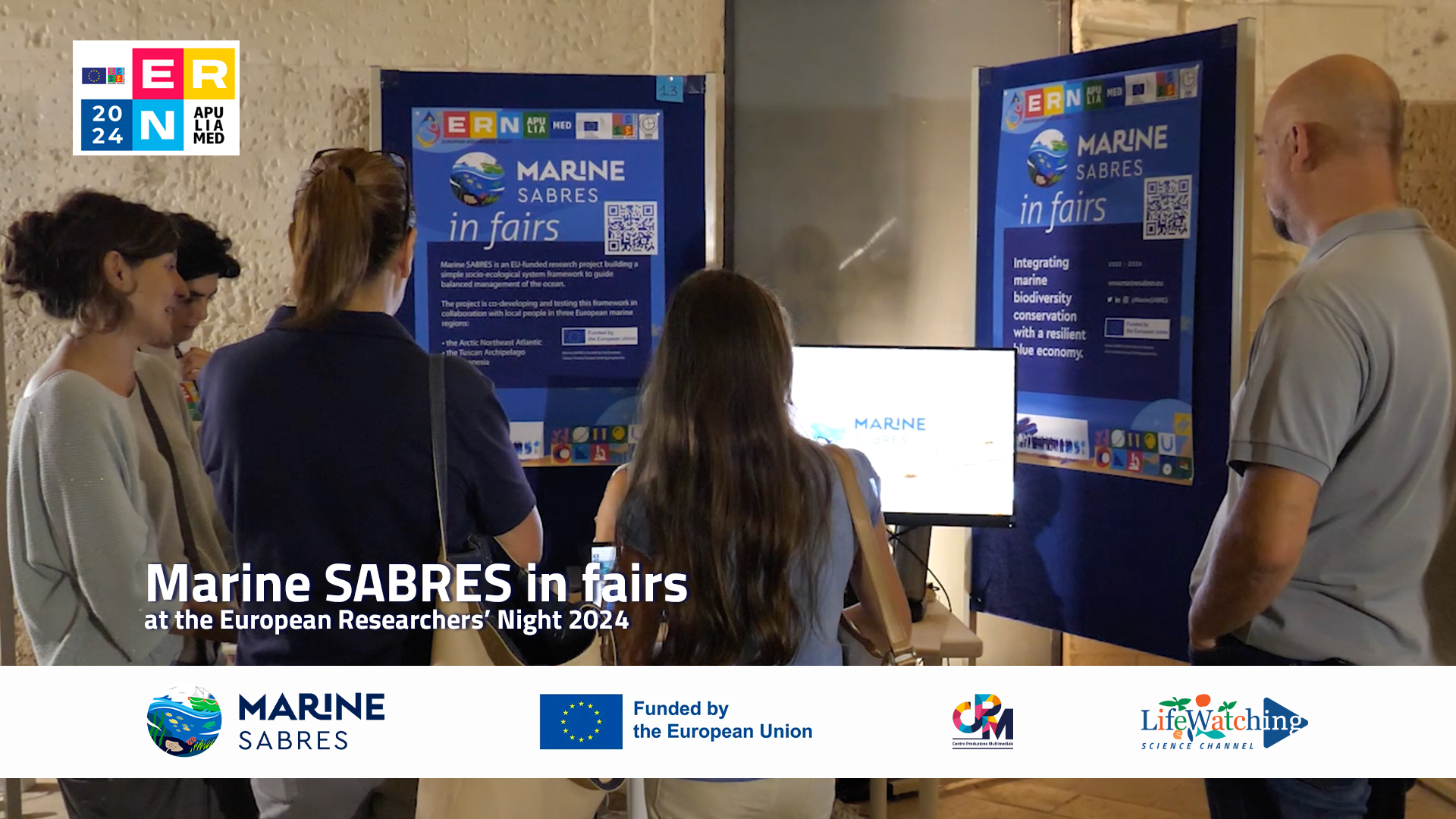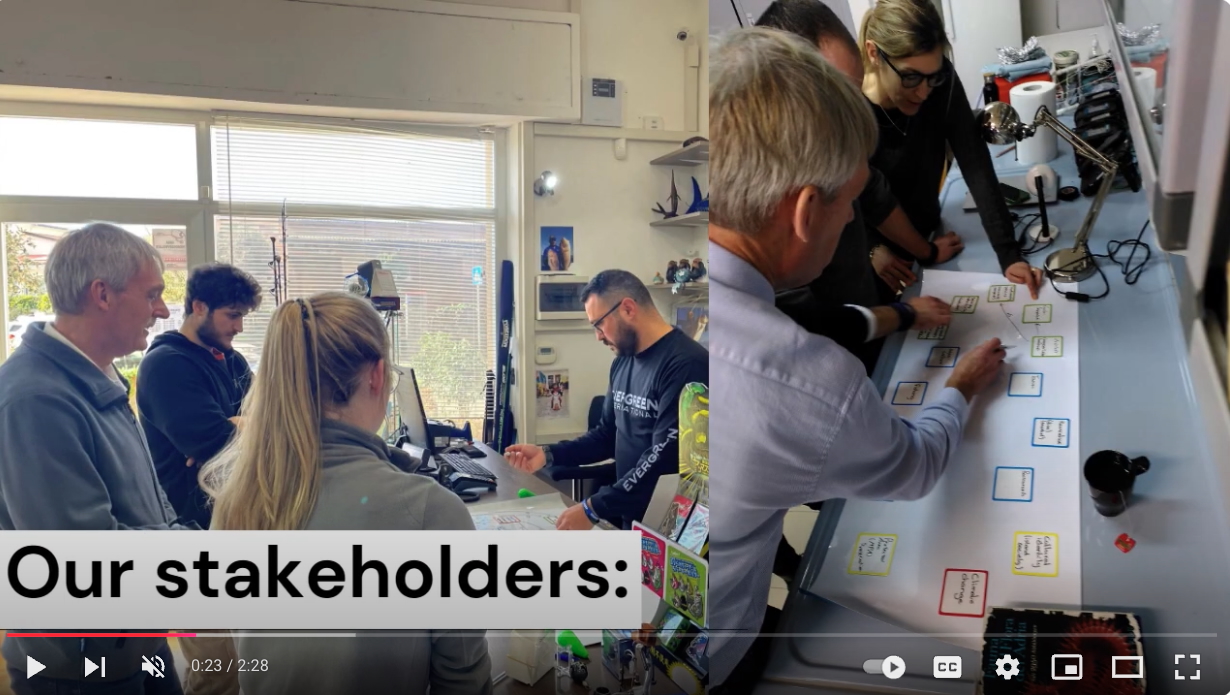Towards a more sustainable pelagic fishery in the Arctic Northeast Atlantic
In the Arctic region, climate change impacts are causing shifts in pelagic fish distributions and abundance, with negative impacts for the fishing sector.
The Faroe Islands, Iceland, and Greenland are are home to diverse and productive ecosystems that play a central role in the national economies of the respective countries. They are closely interconnected through the economic structure of commercial fisheries, as they share ocean space, several commercially important fish stocks, a heavy economic dependence on commercial fishing, and concerns about the impact of climate change on the ocean environment. Evaluating the impacts of climate change is therefore a pressing challenge and a serious concern in the light of shared stock management. Under Marine SABRES project these three countries represent one international research area; here researchers will examine the effects of climate change and changing oceanographic conditions on fisheries, and concrete actions will be suggested for increasing food provisioning ecosystem services (ES), by sustainably caught fisheries and the sustainable development of aquaculture.
Watch our documentary trailer and enjoy the video shootings we realised in Iceland during the 2nd Marine SABRES General Assembly, in the framework of video documentary and WebTv activities.
Follow Marine SABRES:
- LinkedIn MarineSABRES: https://www.linkedin.com/company/marinesabres/
- Twitter @MarineSABRES: https://twitter.com/marinesabres
- Instagram Marine SABRES Project: https://www.instagram.com/marinesabres/
- YouTube: https://www.youtube.com/@MarineSABRESProject
Learn more about the project and our aims at www.marinesabres.eu
The webpage dedicated to the project on LifeWatching WebTV: https://www.lifewatching.tv/tv-show/marine-sabres/

